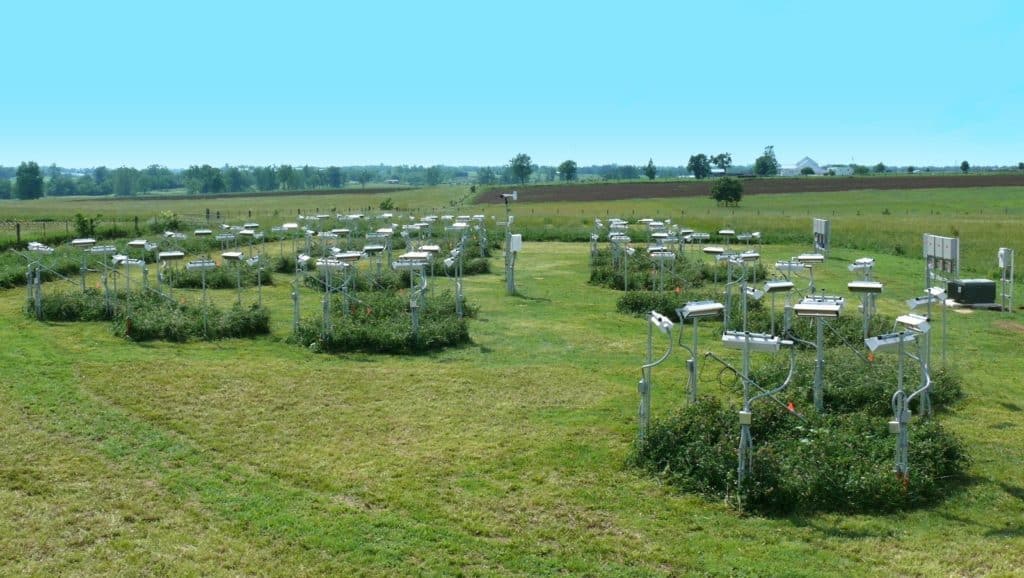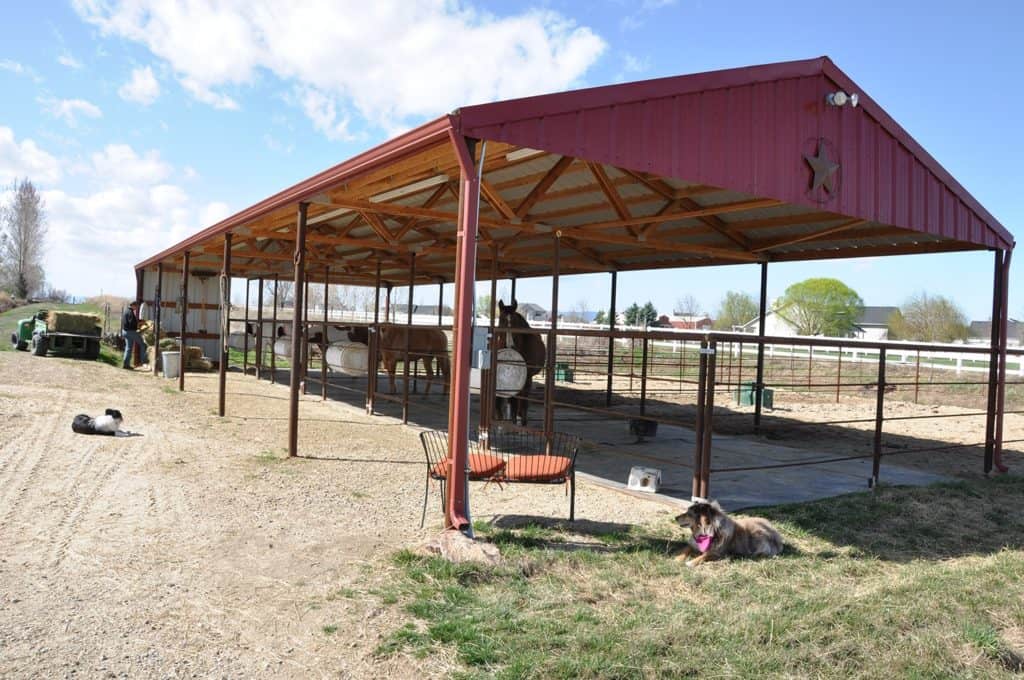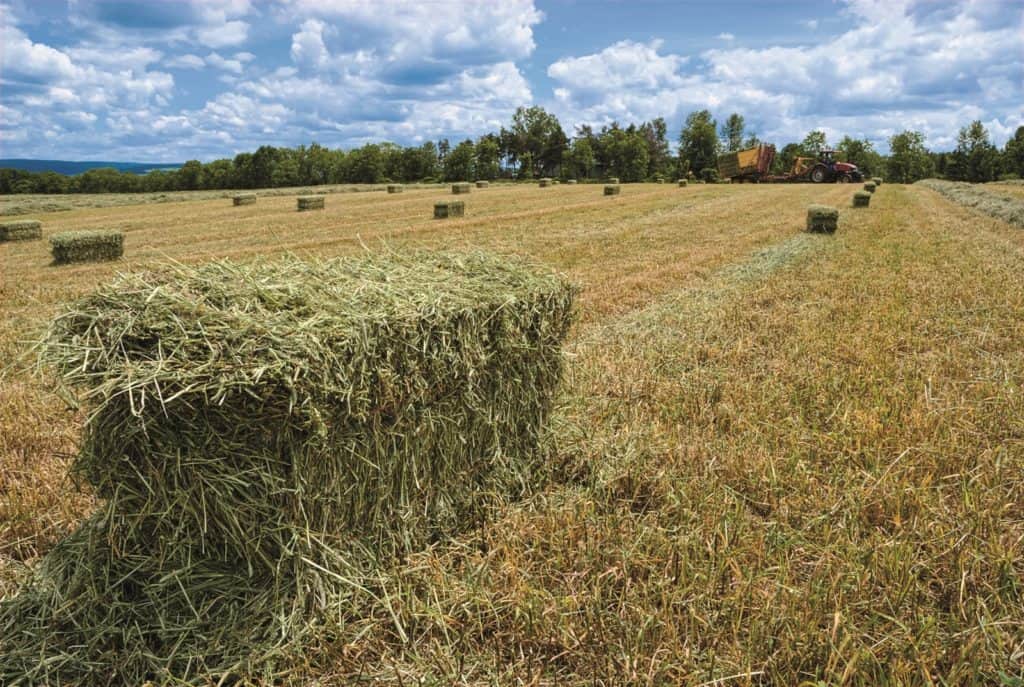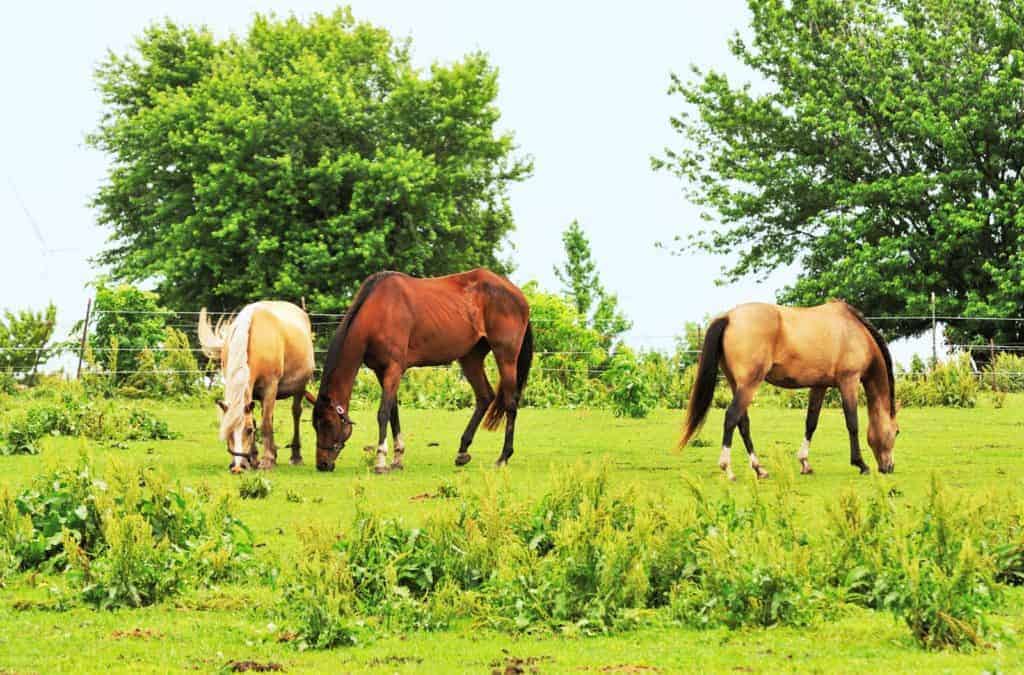UK Extension Agents Host 9th Annual Pastures Please!!
Lecture topics will include the nutritional value of pasture, the economics of grazing versus haying, and more.
Lecture topics will include the nutritional value of pasture, the economics of grazing versus haying, and more.

Researchers examined how microbes reacted to warmer temperatures and increased precipitation during the growing season.

From sucking off horseshoes to perpetuating thrush, scratches, and more, mud threatens your horse’s health. Get your questions answered about mud management, controlling water runoff, and treating mud-related horse health issues!

In many cases, a good shelter with adequate food is enough to keep horses warm during winter weather, researchers found.

In this two-part series, we’ll explore the two bale types and how to best utilize each. Here we’ll look at round bales.

Dry lots, sacrifice areas, and paddocks keep horses confined while allowing pastures to rest. Check out this slideshow to get ideas for creating your own equine confinement areas.

You might be surprised to find out with this introduction to GMOs.

After a tornado, fire, or other disaster hits your farm, how would you respond and rebuild? Here’s what to remember.

Learn what months are best for grazing horses on pasture from Alayne Blickle of Horses for Clean Water.

Here’s how to help your pasture outcompete weeds so you can avoid using toxic herbicides.

Here’s what you need to know about this important forage in your horse’s diet.

Trying to beat those weeds? Here’s a homemade herbicide recipe for tank sprayers or spray bottles that’s low in chemicals and caustic substances.

Lecture topics will include forage types, efficient forage use, hay production and quality, and more.

Rotational grazing is a recommended pasture management “best management practice” to increase pasture productivity and prevent overgrazing and soil compaction. This technique guarantees fresh grass for your horses for a longer period of time during the growing season.

Fall is a good time to evaluate pastures’ quality and develop a weed management plan for the coming year.

Now is the time to identify sycamore trees around horse pastures and reduce horses’ risk of consuming the toxic seeds.
Stay on top of the most recent Horse Health news with
"*" indicates required fields